
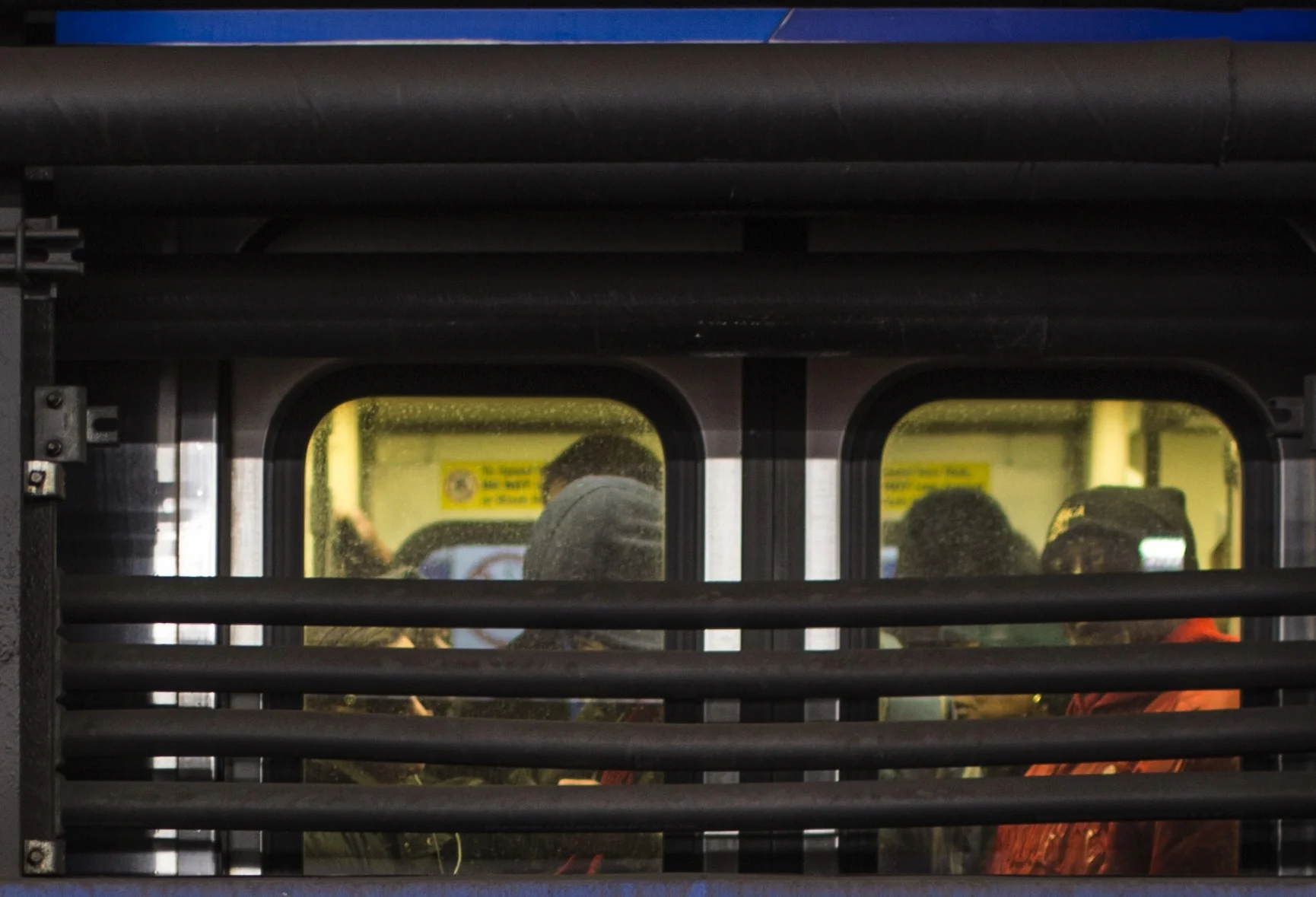
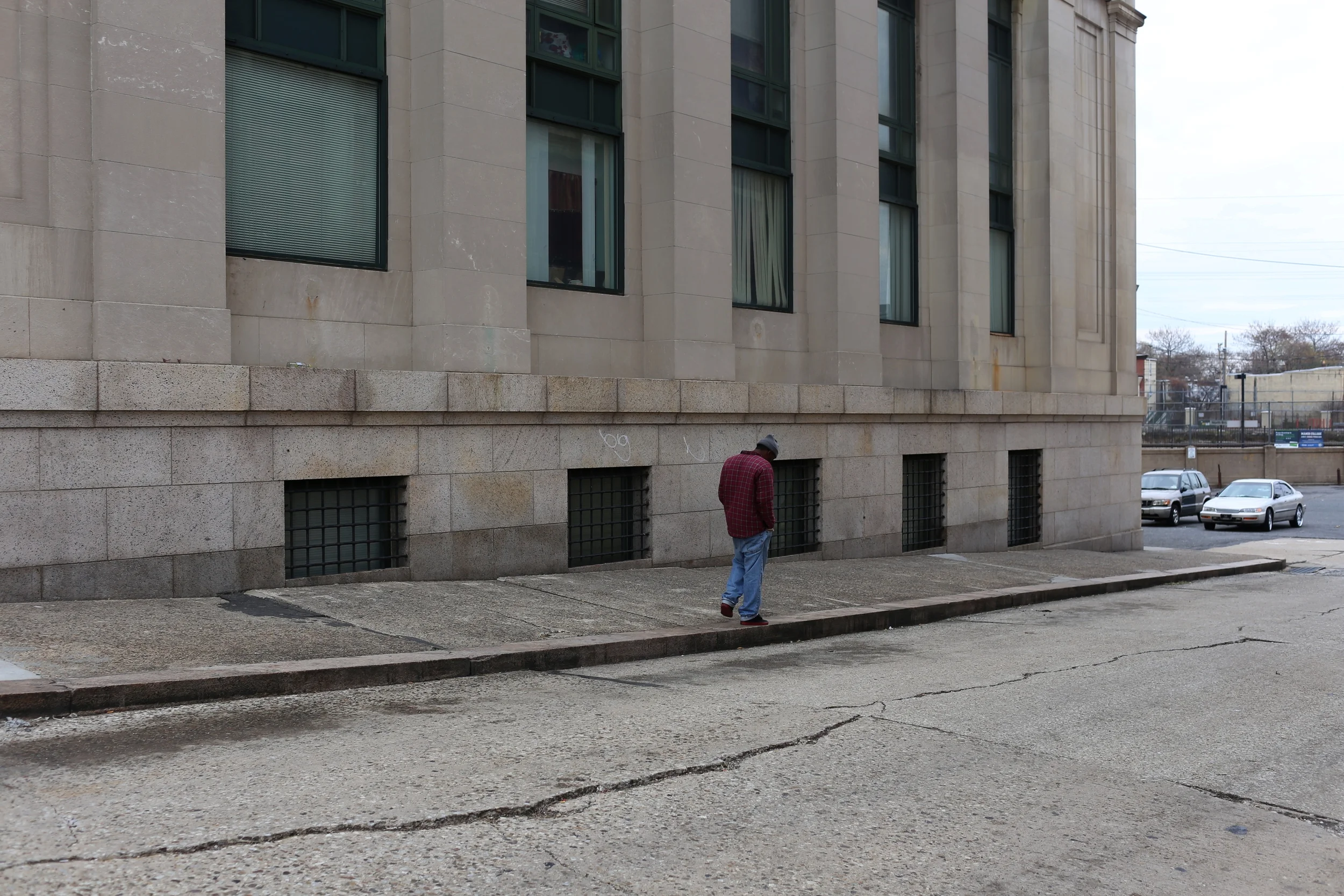
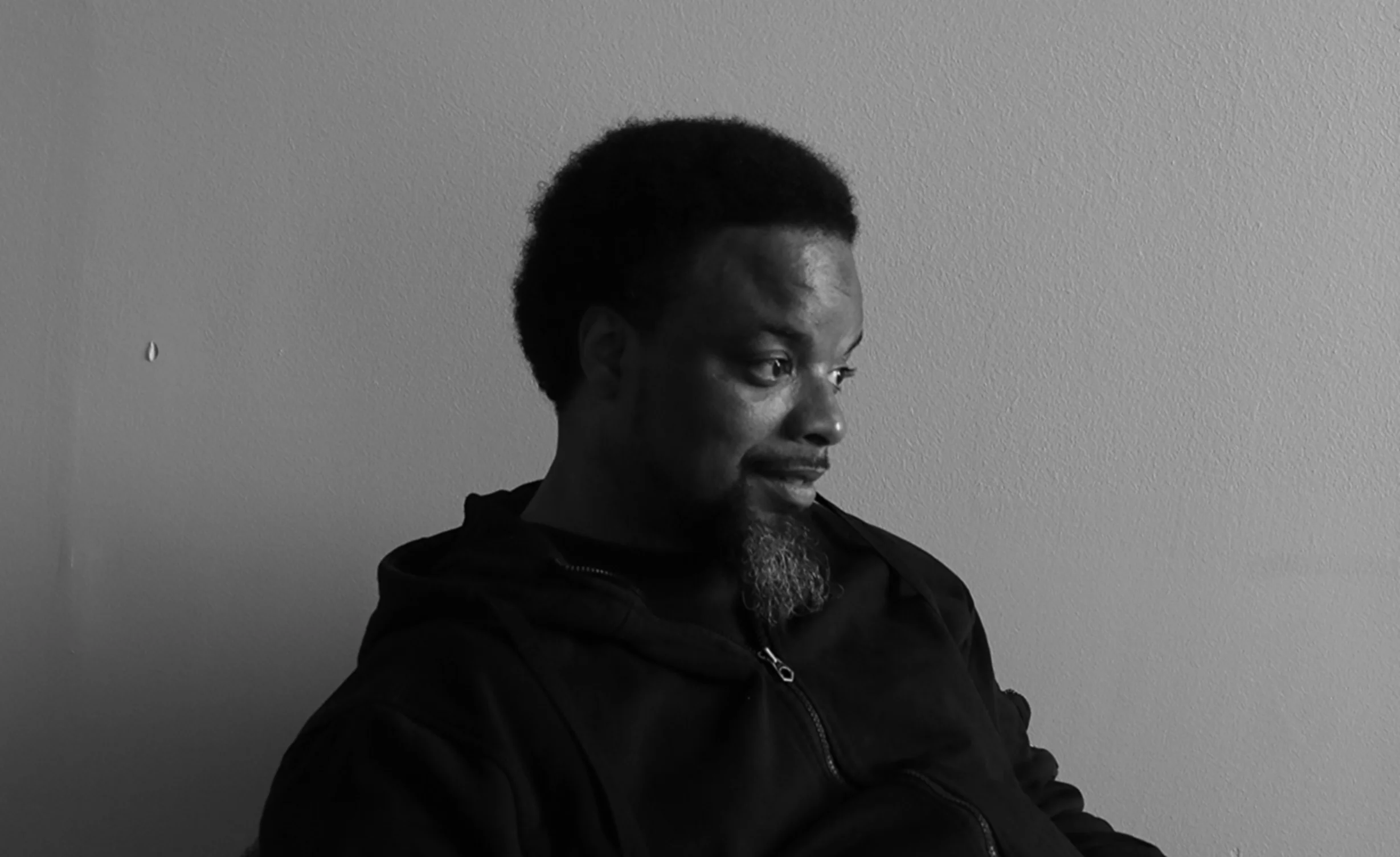

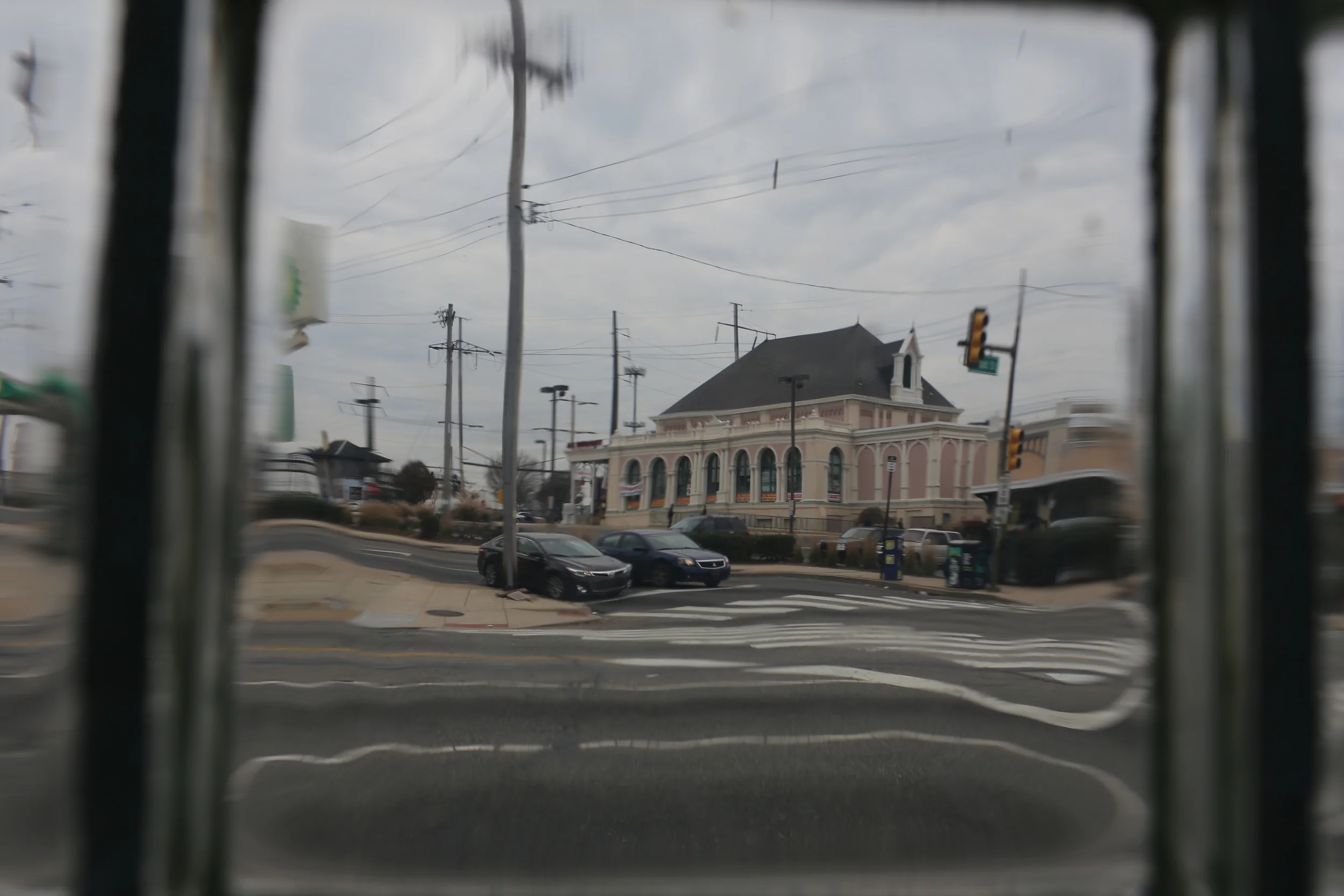

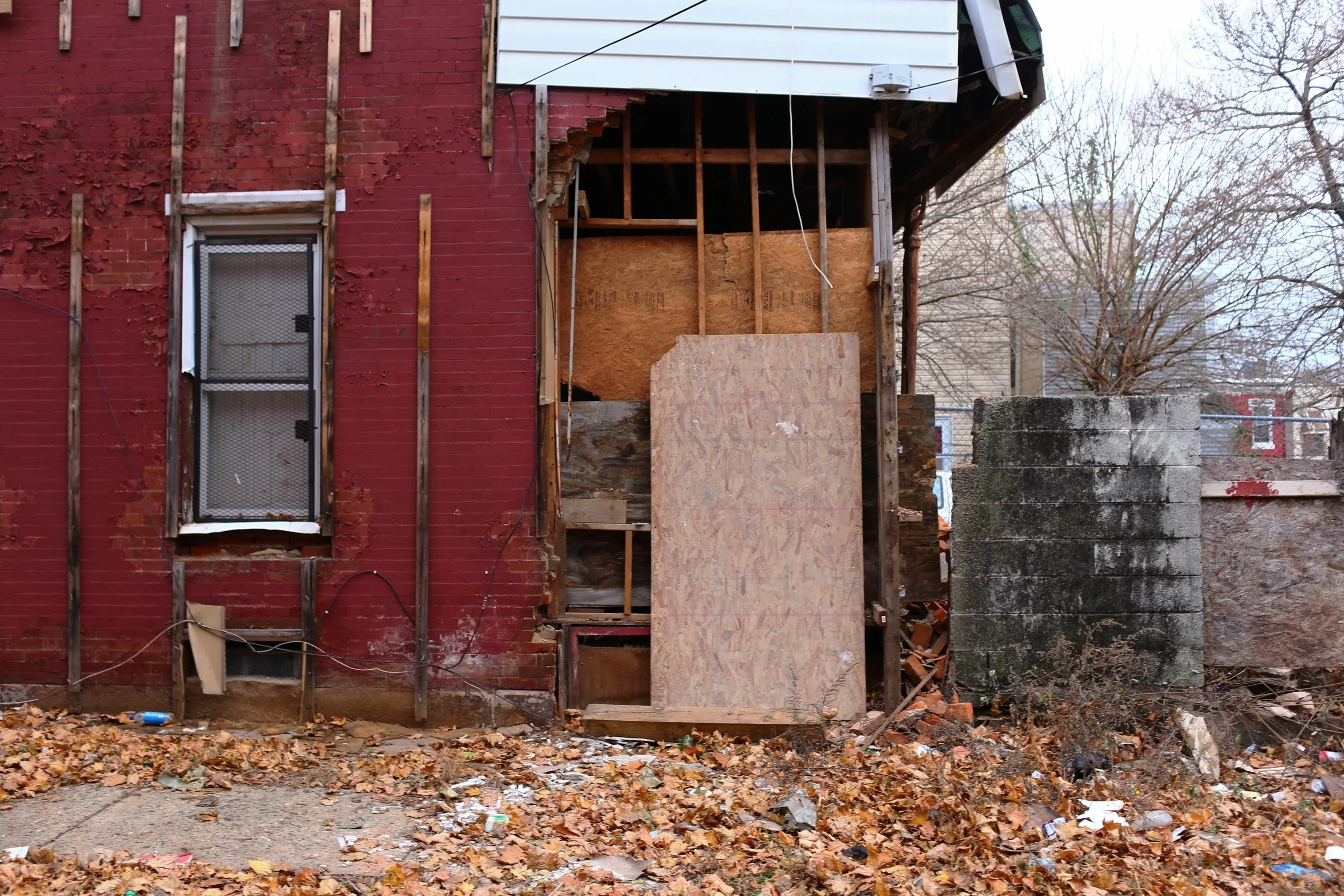

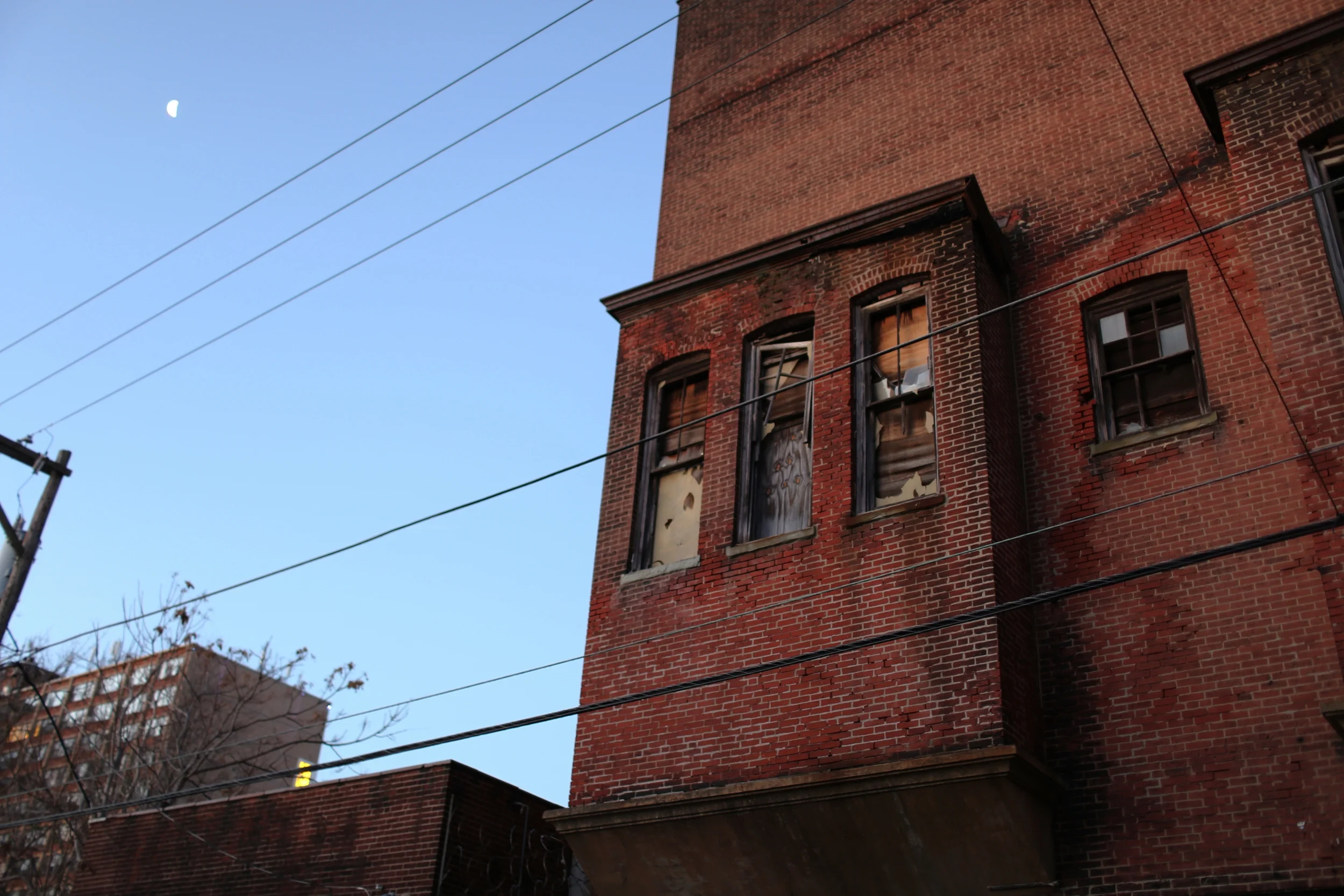
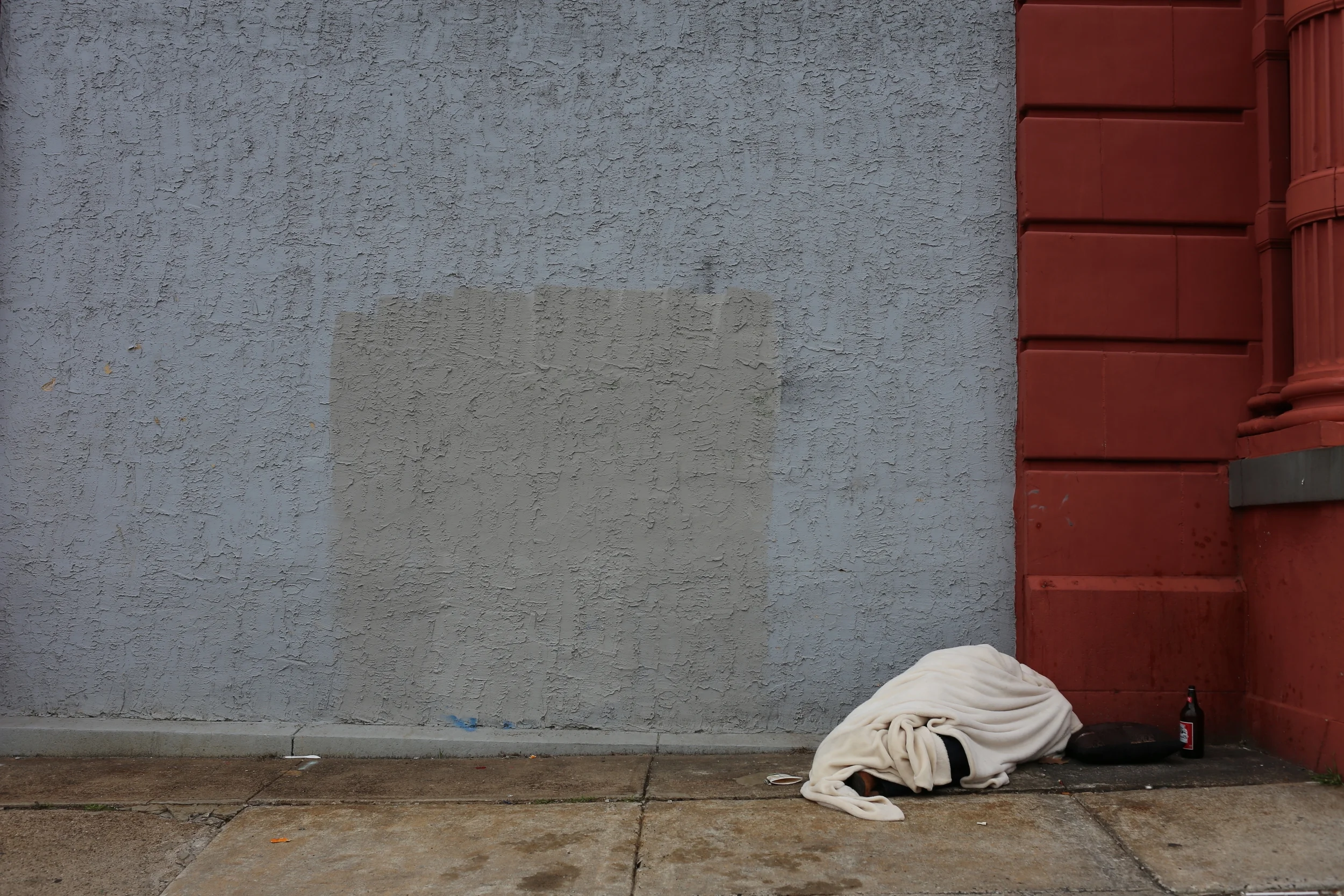

Guy Horne
North Philadelphia
Guy Horne nearly became a victim of gun violence himself. He cites a pervasive lack of respect for life as the reason why young urban men are dying so routinely by the bullet. Even if his family unit is strong, he says, the larger cultural atmosphere in the streets can push a kid to pick up a gun. He says it’s hard for kids to have the right frame of mind to overcome a tough environment. He and his son’s mother work to keep their son out of trouble, telling him, “I don’t care what you see [other kids] do or say.”
No Respect for Life
“I lost a lot of friends and family from gun violence … from what I learned it’s either for a girl, money, or just for a reputation. Nowadays it’s dangerous out here ‘cause people are killing just to kill. They intimidate somebody just to make themselves seem bad. There’s really no respect for life out here.
“I got shot … almost ten years ago. It was crazy … I was talking, they said if I wasn’t talking, if [the bullet] would’ve been a little closer, a little further over to the left or to the right … I could’ve passed away.”
A War Zone
“You never feel safe. Never. Really, they say Vietnam and all that - it feels like that here. Stray bullets can take anybody. Like I look on the news - little girl, her birthday: got killed. Day of the party, stray bullets take her. I look at it as: any time is your time, [and] you can’t call it, no matter how good you are. You can say ‘Oh, they was a good person, they was this, they was that’ - [but] boom. It happened.
“[Some kids] was at a basketball game and a guy was playing … just being all he could be, the best player he could be - he [got] killed. Over a basketball game … somebody from the other team was cussing him out, ‘cause he was outplaying the other players. Somebody come out with a gun and shoot him … it’s just a competition, and they dying. So where’s the respect for life? I have no idea.”
Bullets Under Their Arms
“It’s the cops too [involved in violence]. Really! I just watched on the news. [This] guy, young guy, he ran from [a] cop. The cop shot him - eight times. This man did not pose a threat. If his back is to you, where’s the threat? How can you really say this is justified?
“[Young men are] getting killed with their hands up … They got shot, bullets in their underarms. So I can honestly say there’s no respect for life. None. When people lose respect for life, that’s when chaos comes in; that’s what I see.”
From Stabbing to Shooting
“Through generations it got worse. Growing up, back then, there wasn’t no guns, there was fighting. Stabbing - you might’ve heard somebody got stabbed. You didn’t hear too much [about] getting shot. Now, it’s like, ‘Such-and-such got killed’ … people look at you like you just said, ’Oh, today’s my birthday.’ I guess it don’t amaze them, it don’t surprise them … they don’t care.
“Back when we was growing up [we would] fight, shake hands … Or we keep fighting, but then sooner or later we gonna be friends. But now, they can’t take a whooping … I know a lot of guys that died because of that: a fist-fight turned deadly.
“ [People] think [guns] protect them. But from what I learned in these years growing up, no gun ain’t gonna protect you … like the wild, wild West, the quicker draw wins. I think a lot of them do it ‘cause they want to be portrayed as a tough guy, or they want to intimidate people … To me it’s like Popeye with spinach. They got a gun, that’s their spinach. They get courage, they get heart, they talk more tough. Without it, they the humblest, they real respectful.”
Frame of Mind
“It don’t have to be because the father’s not there - that’s a big excuse … It’s the frame of mind of the kid, it’s the environment of the kid, it’s his thinking. I know kids that grow up with both mom and dad in the house, [but] they just became a product of their environment … [If the kid] want[s] to get out here and be a fool, the parents don’t actually have to know … their son could be the maniac of the neighborhood, but [they think,] ‘He going to school every day, he working’ - they don’t know. [Even with] both parents in the house.
“I know kids that the pop wasn’t there … they didn’t want to go that way [into a violent lifestyle]. So it’s the frame of mind of the kid … you see [those] kids looking at that, thinking: ‘That’s not the life for me. I’m gonna go, get my education, work hard.’
“Growing up and living this age … I think the toughest thing you can do is walk away from it … But it’s not worth it. There really is a whole lot more to live for out here than to be in somebody's prison somewhere … There's too much to live for out here.”
- - - - - - - - - - - - - - - - - - - - - - - - - - - - - - - - - - - - - - - -
Interview by Dan Kurland | Text by Dionysia Sotiropoulou | Portraits by Dyana Wing So | April 2015